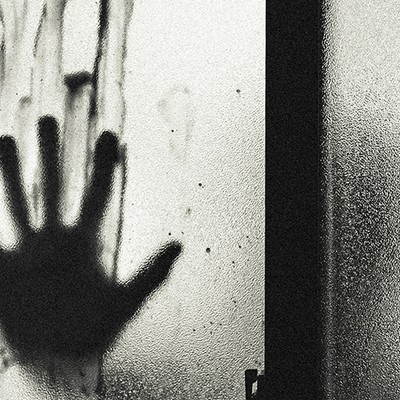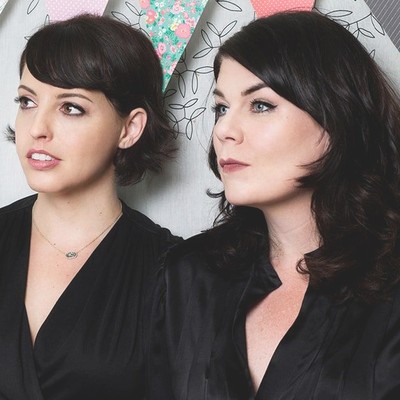
Why We’re All Obsessed With Murder
If anyone knows, it’s Karen Kilgariff and Georgia Hardstark. What started as their own secret obsession is now one of the world’s biggest podcasts, My Favourite Murder – a uncannily addictive mash-up of true-crime and comedy. The comedians’ cynical riffing, intelligent discussion and genuinely passionate storytelling – each episode profiles two real life murderers – has earned them a legion of fans, known as ‘murderinos’, of which the bulk are female.
They’ve toured the globe with live shows, graced the pages of Rolling Stone and inspired thousands of Etsy creations and even tattoos – most featuring the duo’s now-famous catchphrase: ‘Stay sexy. Don’t get murdered.’

To comprehend its success, you’ll need to listen for yourself (we defy you not to get hooked) but the phenomenon is much more than just witty remarks. Both hosts have referred to the podcast as a sort of therapy to deal with their own anxieties about crime and murder in their native LA.
“It’s a distraction from your own woes”, Hardstark muses in an episode. “We know these things can happen and hearing about it legitimises it and makes it true. We’re not trying to shelter ourselves.” Kilgariff compares her fascination with murder cases to being warm at home while a dangerous thunderstorm rages outside. “There’s boundaries,” she concludes.
A desire to know what could happen is a common denominator across the crime board. Girl on the Train author Paula Hawkins puts the popularity of the ‘domestic noir’ down to it: “Men tend to be attacked by strangers, women tend to be attacked by people they know.” Most women, she added, “are made to think about themselves in terms of what they should be doing to prevent violence happening to them.”
As writing coach and story analyst Lisa Cron details in her book, Wired for Story, this innate need to analyse potential danger explains why the ancient art of storytelling is as prevalent as ever. “Story was crucial to our evolution,” she writes. “It enabled us to imagine what might happen in the future, and so prepare for it – a feat no other species can lay claim to.” Recent breakthroughs in neuroscience reveal our brains’ neural circuitry is designed to crave stories; the pleasure we gain, nature’s way of seducing us into paying attention.
More than 80% of the 21bn crime books sold every year are bought by women, and writing them is increasingly a women’s game. The demand for female-oriented crime fiction in the last few years has even led to an increasing numberof male authors adopting gender-neutral pseudonyms to publish their work.
Colette McBeth, part of all-female writing collective Killer Women (which counts numerous more bestselling thriller authors, including Paula Hawkins, as members) credits female writers for giving female victims a voice; their own thoughts and feelings. "In a lot of crime drama on TV and in a lot of books, women are just there as a token victim," she told Broadly British crime writer Martyn Waites – who found writing under female alter-ego ‘Tania Carver’ far more lucrative than his own, male identity – quotes the adage: male writers will note what a crime looks like, whereas female writers will explore what it feels like.

It’s why critics are calling My Favourite Murder a “human” take on senseless killings. Where Hollywood films can fetishise violence and the likes of Serial and S-Town get bogged down in the details of procedural crime investigations, you can, quite literally, hear Kilgariff and Hardstark’s real fear and compassion – for both the victims and criminals themselves. They consider mental health and the system’s failure of those with mental health needs; they discuss why mainstream media favours affluent, white female victims; they donate profits from the podcast to alleviate the backlog of untested rape kits in America.
And although both hosts acknowledge the fact true crime isn’t thought of as a stereotypically ‘feminine’ interest, they more than prove it is – and should – be something women care about. As long as we can do it from the safety of the sofa…
DISCLAIMER: We endeavour to always credit the correct original source of every image we use. If you think a credit may be incorrect, please contact us at info@sheerluxe.com.